Bulbs
Flower Basics
Flower Beds & Specialty Gardens
Flower Garden
Garden Furniture
Garden Gnomes
Garden Seeds
Garden Sheds
Garden Statues
Garden Tools & Supplies
Gardening Basics
Green & Organic
Groundcovers & Vines
Growing Annuals
Growing Basil
Growing Beans
Growing Berries
Growing Blueberries
Growing Cactus
Growing Corn
Growing Cotton
Growing Edibles
Growing Flowers
Growing Garlic
Growing Grapes
Growing Grass
Growing Herbs
Growing Jasmine
Growing Mint
Growing Mushrooms
Orchids
Growing Peanuts
Growing Perennials
Growing Plants
Growing Rosemary
Growing Roses
Growing Strawberries
Growing Sunflowers
Growing Thyme
Growing Tomatoes
Growing Tulips
Growing Vegetables
Herb Basics
Herb Garden
Indoor Growing
Landscaping Basics
Landscaping Patios
Landscaping Plants
Landscaping Shrubs
Landscaping Trees
Landscaping Walks & Pathways
Lawn Basics
Lawn Maintenance
Lawn Mowers
Lawn Ornaments
Lawn Planting
Lawn Tools
Outdoor Growing
Overall Landscape Planning
Pests, Weeds & Problems
Plant Basics
Rock Garden
Rose Garden
Shrubs
Soil
Specialty Gardens
Trees
Vegetable Garden
Yard Maintenance
How to Control Weed problems using Vinegar
How to Control Weed problems using Vinegar. Vinegar's use as a weed killer has been known for years and its use as a good organic herbicide to control weed problems is a tested fact. To safely use a vinegar solution for lawn weed control, it must be mixed up properly and used correctly.
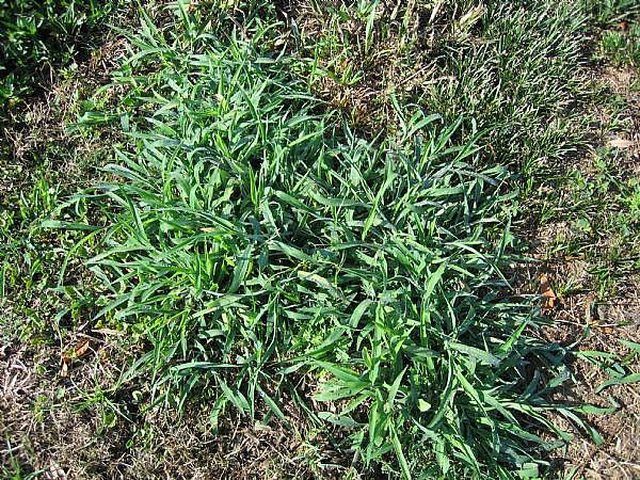
Vinegar's use as a weed killer has been known for years and its use as a good organic herbicide to control weed problems is a tested fact. To safely use a vinegar solution for lawn weed control, it must be mixed up properly and used correctly.
Things You'll Need
Vinegar
Rubbing Alcohol
Liquid Dish Soap
Garden Sprayer
Buy the right type of Vinegar for weed control. Regular grocery store white vinegar which is 5 percent acetic acid can be used to kill weeds but may not be strong enough to work every time. It can be boiled down to make it stronger but it will usually work for most weed control problems. There are stronger agricultural vinegar solutions available for killing many weeds. Stronger agricultural vinegars are potentially dangerous and if used incorrectly can damage the soil. Go to one of the big box stores and buy the cheapest vinegar, usually around 2 dollars a gallon. Also buy a cheap liquid dish soap, look for one that says detergent on the label but not anti-bacterial. The soap will help the vinegar to stick to the leaves and not just run off. Lastly purchase rubbing alcohol, usually sold as a 70 percent solution. A quart container of it will last a long time. This weed control solution is a cheap way to kill weeds because of how cheap the ingredients are and because of how little has to be used to actually kill weeds.
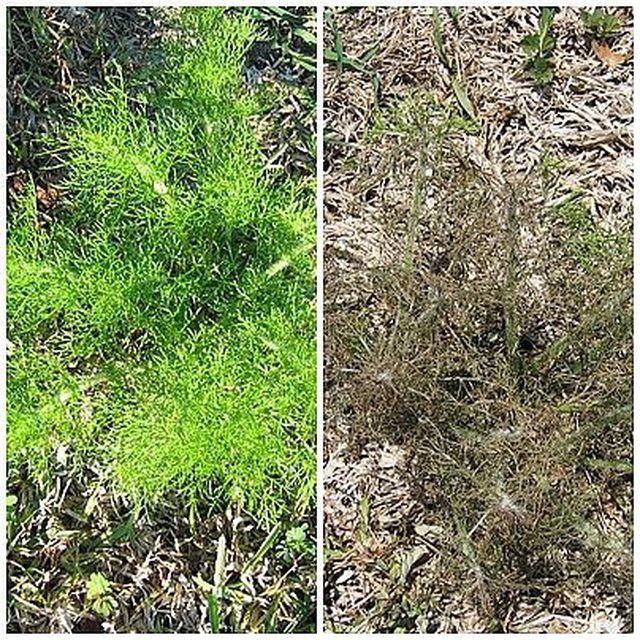
Mix up the following recipe or find one on the web. There are hundreds of recipes for vinegar based, organic herbicides on the web that include everything from just plain vinegar to orange juice, apple juice, cooking oil, gin, and table salt. Salt is often cited as an additive but it can ruin the soil and gradually leach into the surrounding untreated area to kill plants there. As for the other additives, after doing quite a bit of research and experimentation, I found this basic recipe works very well on nearly all types of weeds. Mix 1 gallon of white or apple vinegar with 2 oz.(4 tablespoons) of the liquid soap, and 1/2 cup of the rubbing alcohol. Place this solution in a garden sprayer and apply it to any plants just to the point of wetting the leaves well. Realize that this solution is a non-selective herbicide that will harm or kill any plants it gets on, including grass. It is also not systemic, meaning it will not be taken up by the plant or carried to the roots. It will only kill back the parts of the plant it is sprayed on and if the plant is young that will be enough to kill it totally. Total weed control is an ongoing process requiring repeated treatments to kill really tough weeds.
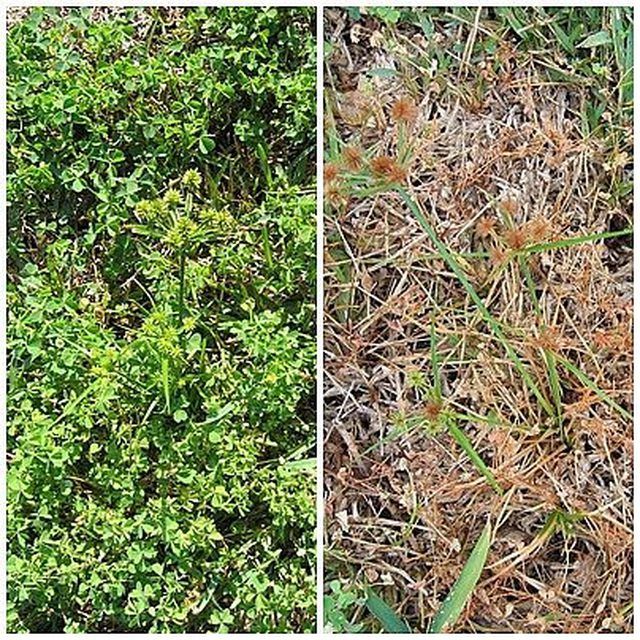
Apply the solution on the weeds. For older, well rooted plants reapply the solution as the plants grow back. By keeping the tops killed back the roots will eventually die, but depending on what type of plant it is, this may take up to a year. Weeds like oxalis and woods sorrel often only take one treatment along with very young crabgrass and dandelion sprouts. Vinegar as a herbicide, can kill quickly, in some cases causing the weed to wilt in minutes and be dead within an hour. The pictures included in this article show common lawn weeds before spraying them and what they looked like 12 hours later. This organic herbicide solution acts by dissolving the waxy coating on the leaves causing the plant to lose all the water in its tissue and dry out. Unlike MSMA weed killers, this solution is non-systemic which means it is fairly safe to apply this herbicide around larger bushes and shrubs. It will only affect the leaves and green stems it gets on. As long as any bush is not covered with it, only the leaves it happens to get on will be killed. As a crabgrass killer and for crabgrass control it works best on young sprouts and will kill other grasses it gets on.
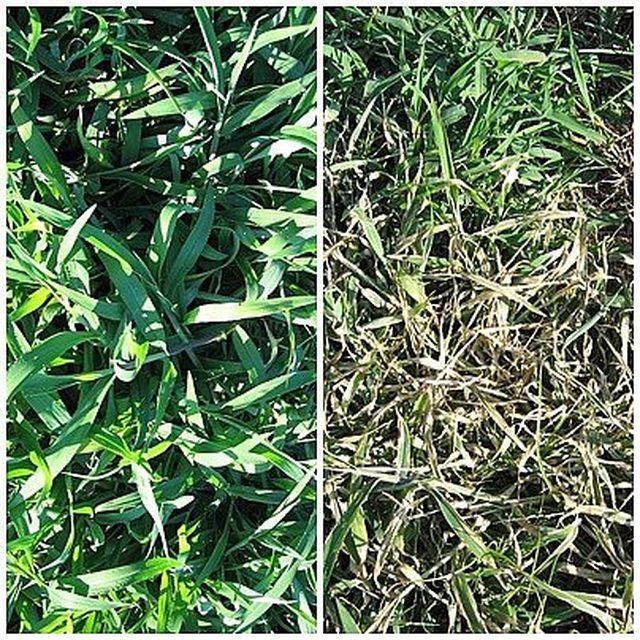
Understand the uses of a Vinegar herbicide. Because it is a non toxic herbicide, this vinegar weed killer is great for lawn care spot treatments at any time as it is a pet safe weed killer. Be careful not to over spray the solution onto any grass that's desirable and remember to only use enough to wet the leaves of the weed, not drench it. Using vinegar as a soil drench will kill plants, but it will change the pH of the soil, which will affect what plants can grow in it in the future. This total weed killer can also be used to keep walkways and brick patios clear of weeds without harming the bricks or concrete. Because it kills by drying the plants out, the best time to treat weeds with this solution is when it is warm and they are in the full sun. The killing time will be shorter when it is hot and the plants are stressed from drought.
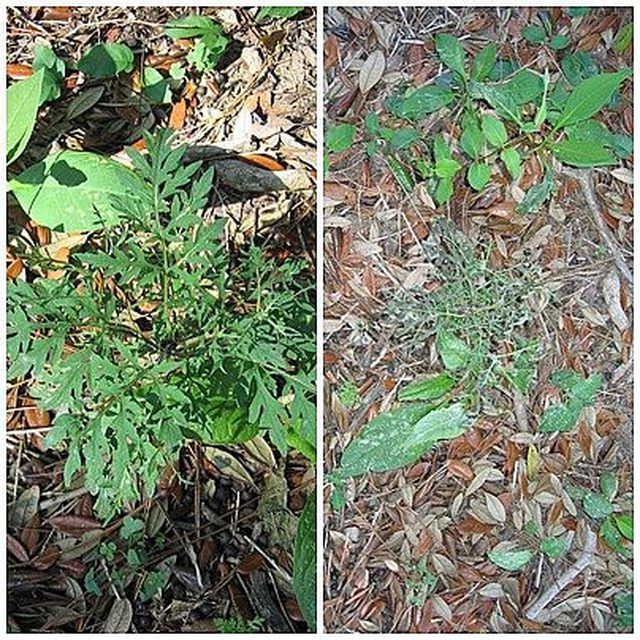
After the first treatment to control weeds, keep an eye out for any new growth from existing roots such as the tap roots of dandelions and the bulblets of nut grasses and clovers, then retreat any young sprouts as soon as they appear. By repeatedly killing off the tops the roots will be starved out and will die off. Be sure kill any weeds before they have a chance to bloom and go to seed. This means the best time to treat weeds is when they are young and small. I keep a spray bottle of this vinegar weed killer with me when I mow the lawn and spray any weedy patches I find. Vinegar has no residual effect, meaning it will not keep on killing after it dries so it is safe to use even before setting out new plants or planting seeds in the treated area. This also means the dead weeds and lawn clippings from weed control treated areas are safe to feed to livestock or place in compost piles unlike those treated with chemical weed killers like MSMA.
Below under resources there are links to other articles on gardening. Please rate this article and any others you check out, thank you.
All contents and photos copyrighted by Aupoet.
Tips & Warnings
To make smaller amounts of this solution just use the ingredients in the same proportions.
Mark all containers used to store weed killer in. Rubbing Alcohol is a poison to drink.
Don't get this solution in the eyes.